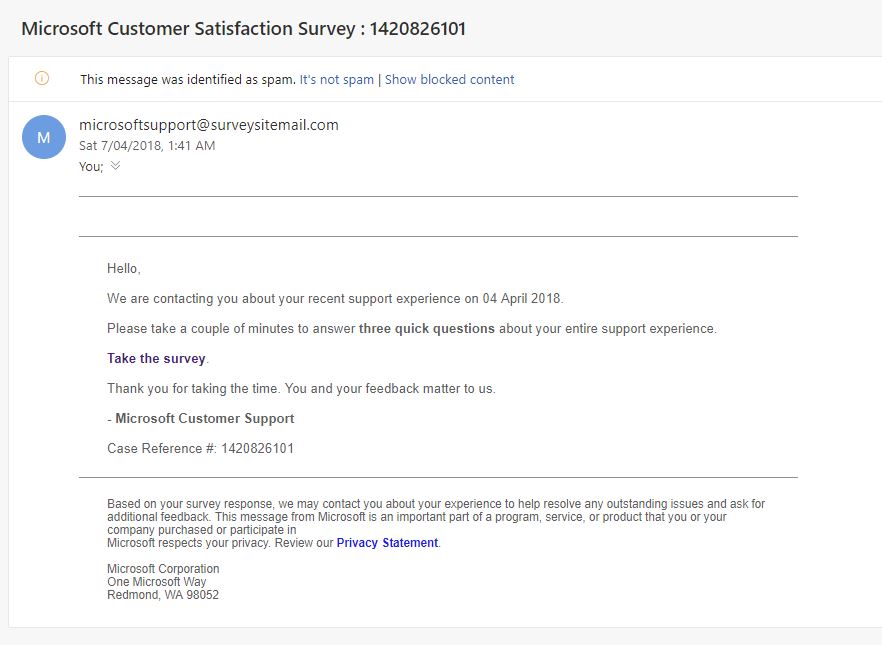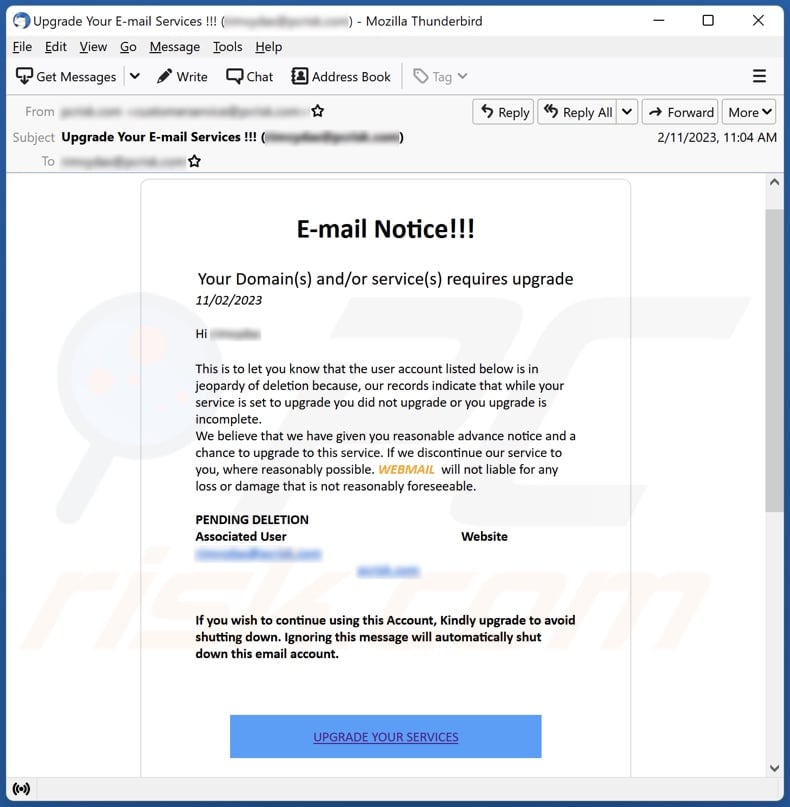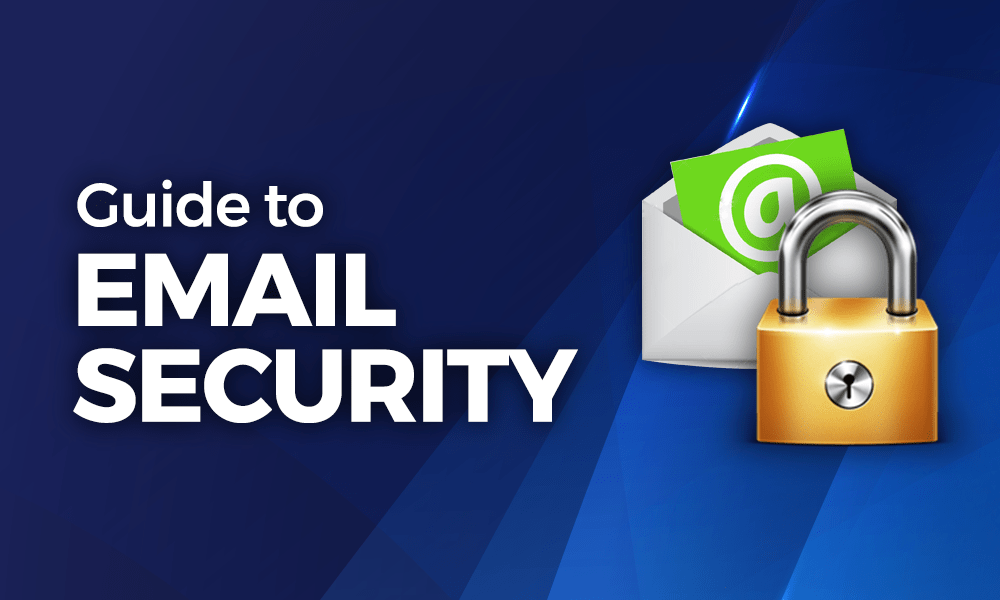Website Safety Check: Spotting Red Flags & Avoiding Scams NOW!
Are you absolutely certain the website you're visiting is safe? In an age where online interactions are paramount, safeguarding your digital footprint is more critical than ever.
The digital landscape is rife with potential pitfalls, and distinguishing legitimate sites from malicious ones can be a daunting task. While many websites present a veneer of trustworthiness, a deeper examination often reveals a different story. A closer look, in many instances, exposes a network of red flags that should immediately raise concerns regarding a site's legitimacy and, more importantly, your safety. It's not enough to simply assume a website is safe based on its appearance or initial impressions. Prudence dictates a thorough investigation before entrusting it with your personal information or engaging in any transactions.
| Attribute | Description |
|---|---|
| Name | Website Reputation Analysis |
| Purpose | To assess and determine the trustworthiness and safety of websites. |
| Methods | Employing a combination of tools, algorithms, and databases to analyze various factors, including domain age, contact information, online reputation, and user reviews. |
| Key Indicators |
|
| Tools and Services |
|
| Benefits |
|
| Limitations |
|
| Recommendations |
|
| Reference Website | Scamadviser |
Claims of thousands of backlinks and high search engine rankings, particularly those projecting into the future (e.g., February 2025), should be met with skepticism. These claims often prove dubious, especially when coupled with a questionable domain status and a conspicuous absence of verifiable contact information. A legitimate business will readily provide contact details, including a physical address, phone number, and email address. The lack of such information is a major red flag.
- Brittany Ashton Holmes Now Life After Little Rascals Revealed
- Khabib Nurmagomedovs Wife All About Patimat 2024 Update
Fortunately, there are resources available to help you navigate the treacherous waters of the internet. A free website reputation checker tool can be invaluable in this regard. These tools allow you to scan a website using multiple website reputation and blocklist services, helping you determine whether the site is safe, legitimate, or potentially malicious. They act as a first line of defense, quickly identifying sites known to be associated with scams, malware, or other online threats.
Checking the online reputation of a website is a crucial step in detecting potentially malicious and scam websites. This involves examining various factors, including user reviews, ratings, and mentions on social media and other online platforms. A website with a consistently negative reputation should be avoided, while one with overwhelmingly positive feedback is more likely to be trustworthy. However, it's important to be aware that reviews can be manipulated, so it's essential to look for patterns and consistency in the feedback.
Several services are available to help you check the online reputation of a website and determine whether it's safe, a scam, safe to buy from, legitimate, and trusted by other users. These services aggregate data from various sources, providing a comprehensive assessment of a website's trustworthiness. They can help you avoid falling victim to scams, fraud, and other online risks.
It's incredibly useful to quickly ascertain whether a domain has a potentially bad online reputation before engaging with it. Time is of the essence when it comes to online safety, and these tools provide a rapid assessment, allowing you to make informed decisions about whether to proceed. This can save you from wasting time and effort on potentially harmful websites.
Many of these services are built using domain reputation APIs, such as those offered by Apivoid. These APIs provide access to a vast database of information about websites, including their history, reputation, and security status. This data is used to generate a score or rating that indicates the website's overall trustworthiness.
Scamdoc is another valuable resource that evaluates the reliability of digital identities, including websites and email addresses. It analyzes various factors to determine the likelihood that a website or email address is associated with fraudulent activity. This information can help you avoid falling victim to phishing scams, identity theft, and other online threats.
One factor that often raises concern is the age of a domain. If a domain has only been registered recently, it may be a sign that the website is not legitimate. Scammers often create new websites to avoid detection, and a very young domain may be a red flag. It's wise to exercise caution when dealing with websites that have only been around for a short period.
The general recommendation is to be cautious when buying or using services from a website that is very young. While not all new websites are scams, the risk is significantly higher. It's prudent to do your research and verify the legitimacy of the website before making any purchases or providing any personal information.
For further guidance, resources like "How to Recognize a Scam" can provide valuable insights into the tactics used by online scammers. These resources can help you identify red flags and avoid falling victim to fraud.
It's also important to remember that websites of scammers often only last for a few months before they are taken offline. This is because they are constantly being reported and shut down by authorities and internet service providers. The short lifespan of these websites is another indicator that they are not legitimate.
However, an old website is no guarantee that the site is safe. Some scammers will purchase old domains to give their websites a false sense of legitimacy. It's important to look at all the factors, not just the age of the domain, when assessing a website's trustworthiness.
The fundamental question remains: Is this site or online store a scam or safe? And, are the reviews you're reading real or fake? These are the questions that services like Scamadviser attempt to answer for millions of visitors every month.
Scamadviser, for example, employs an algorithm to determine if a website is legitimate, populated with real reviews, or a phishing website designed to sell fake products. These tools are designed to help consumers make the right choices online, preventing them from becoming victims of scams and fraud.
Shifting focus slightly, let's consider email hosting services. Your choice in this area can also significantly impact your online security and privacy. Finding the right email hosting service involves balancing several factors: value for money, ample storage, robust security, and unwavering reliability. The best options available today offer a combination of these features, ensuring a positive and secure email experience.
Support for a custom email domain is also a valuable feature if you want to use a personalized email address instead of a generic one (e.g., protonmail.com). A custom domain adds a professional touch and enhances your brand identity.
Features like unlimited folders, labels, filters, and message storage are crucial for managing your email effectively. They allow you to organize your inbox and easily find the messages you need.
Some email services are now incorporating AI-powered features, such as the ability to summarize email threads or help you draft messages. These features can save you time and improve your productivity.
For instance, some services allow you to have AI write responses to emails by simply clicking "yes," "no," or "delay." The AI then drafts a response based on your selection. This can be a particularly useful feature for quickly handling routine emails.
While "(no other service can match Gmail in the amount of data they collect,)" some users prefer alternatives that prioritize privacy. One option is Mail.com, which offers 10 email aliases with a variety of different domains that you can change at any time. This is great for throwaway accounts, allowing you to protect your main email address from spam and unwanted solicitations.
Apple is also entering the email hosting space, offering custom domain hosting as a feature of iCloud+. This feature is available in iOS 15 and macOS Monterey and can be tested on beta.icloud.com. iCloud+ is simply Apple's new name for paid iCloud services.
ProtonMail, based in Switzerland, prioritizes security and privacy by using advanced encryption to keep your data safe. Apps are available for Android, iOS, and desktop devices, making it easy to access your email from anywhere.
Most popular email providers, such as Gmail, Outlook, and Yahoo, scan the content of your emails and use your email address to create a detailed profile on you, profiting from your data. If privacy is a concern, consider using an email provider that does not engage in this practice.
Paid plans with some providers often allow you to create custom domain email addresses, adding a professional touch to your email communications.
Outlook integrates with several apps and services, making it a versatile tool for managing your email and other tasks.
Gmail offers a free version for consumers who want to send and receive email via the company's Gmail domain. It comes with 10GB of free storage in the consumer version, though you can pay for more.
Tutanota is another excellent email service that permits users to have one email address and 1GB of storage for free. It's a great service for secure email beginners who don't want to learn about PGP keys, as PGP encrypted email can have a steep learning curve.
You might receive a verification email after signing up for a service. Be sure to confirm your address by clicking on the link in the email. This will ensure that you are automatically notified of future updates and information. In case it doesn't show up, check your junk mail.
When evaluating a website or service, scores under 30 in both categories are generally reassuring, but any score surpassing this threshold should raise concerns. These scores often reflect the overall risk associated with the website or service.
An online CPA review platform, for example, might offer login, signup, and profile management for aspiring accountants. However, it's important to assess the platform's security and reputation before entrusting it with your personal information.
If you worry about your email account security, there are secure email service providers that offer features like encryption and secure servers. These providers are a great way to protect your email communications from prying eyes.
Email isn't optional in today's world, but having a bad experience with your email app is. Dedicated clients combine all your accounts in one place, offer a pleasant user experience, and provide new features that can enhance your productivity.
Ultimately, a secure email provider is a great way to make your email communications safer and more private. Researching and selecting the right provider is an investment in your online security.
Extensive lists of the best secure email providers are available, providing a comprehensive overview of the options available. Take the time to review these lists and choose the provider that best meets your needs.
Many websites would like to show you a description of their services, but technical limitations sometimes prevent them from doing so.
- Jimmy Butler Kaitlin Nowak Kids Relationship Drama More
- Whos Who The Ultimate Guide To The 911 Lone Star Cast

Microsoft email domains (safe Microsoft email domain list) Microsoft

Your Domain And/Or Service Requires Upgrade Email Scam Removal and

Email Security A Guide to Keeping Your Inbox Safe in 2020